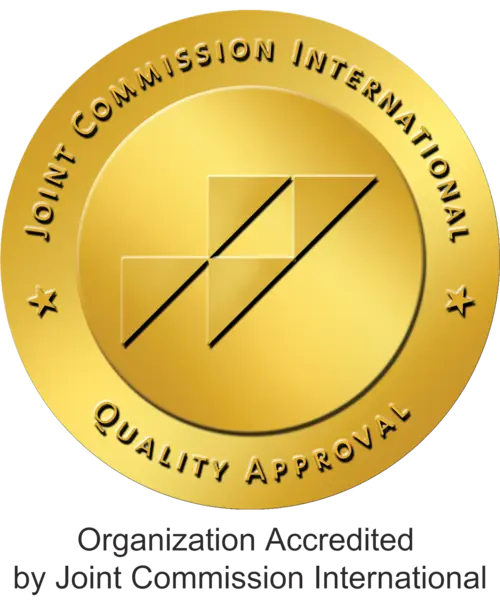Dyslexia
Dyslexia
Dyslexia, called “special learning disability”, is most prominent in the primary school period, although it gives symptoms in the preschool period.
What are the symptoms of dyslexia?
• Difficulty understanding letters
• Skip the letter order
•Mix similar identical vowels
•Difficulty moving to the next bottom line during reading
• Making syllable repetitions
• Change letters while reading and writing
A child's reading and writing late according to their peers may be a sign of dyslexia.
How many types of dyslexia?
Although learning problems can be seen in many areas, it is basically academically It can be summarized as three main groups as:
Reading disorder (dyslexia),
Written expression disorder (dysgraphia),
mathematics disorder (dyscalculia).
Individuals with dyslexia have problems reading words correctly, reading comprehension, and reading speeds. There is a delay in learning to read and write according to their peers. Reading incorrectly and slowly, letters, syllables, and line-skipping are common. They have difficulty understanding what they read.
Dyslexia can occur as a result of the interaction of genetic and environmental factors.
The frequency of Specific Learning Disorder is higher in the family of individuals with dyslexia compared to normal.
When does dyslexia occur?
Appears during school period
The period in which dyslexia gives symptoms is the preschool period and becomes apparent at the school years, which are the years when formal education begins.
Difficulties persist in academic skills. These children, who are delayed to read according to their peers during their literacy education in primary school 1st class, experience problems such as slow reading, wrong reading and not understanding what they read.
Dyslexia is a subtype of Specific Learning Disorder, a neurodevelopmental disorder. Neurodevelopmental disorders occur early in development as a result of the interaction of genetic and environmental factors and are usually lifelong conditions. In other words, a child will not have dyslexia afterward, but the requirements for the affected academic skills may not become apparent until they exceed the individual's limited qualification. In other words, symptoms do not become evident in every child in the same period.
Children with dyslexia problems have adaptation problems due to the problems they experience special and difficult. If these special conditions are noticed and necessary and sufficient support is not provided, different psychiatric diseases can be seen.
They usually take either normal or inclusive education in the normal classroom. Some children may also need additional special education.
They may have problems in social skills
Individuals with dyslexia may experience problems not only in the academic field but also in other areas of life. One of them is the problems they experience in social skills. They may have problems in expressing themselves appropriately.
If it is not recognized at the appropriate time and the necessary support is not provided, as a result of long years of efforts and academic difficulties;
• Depressive,
• disconcerting
• There may be individuals with low self-esteem.
• Problems appear in interpersonal relations.
How should a family approach a child with dyslexia?
• Every family that closely monitors the development of their child should refer to a specialist to describe this situation when it differs.
• A positive environmental environment that supports the child should be prepared.
• Along with the specialist, he/she should be able to explain his child's problem inappropriate language and make sure that he realizes his strengths and weaknesses.
• It should be supportive and encouraging and should emphasize it's positive and strengths.
• Communication with their teachers should be kept strong.
• Most importantly, they should not compare their children with other children.
There is no intelligence problem in dyslexia
There is a misconception that individuals with dyslexia in society have a mental problem. The most important evidence for this is scientists and artists such as Einstein, Leonardo da Vinci, Rodin, Churcill and Cher, who are known to have dyslexia. In these individuals, intelligence can be completely normal or superior. The problem here is the learning problem that occurs as a result of problems in the learning regions of the brain.
Teachers also have duties in this regard.
• Training should be provided by experts.
• It is useful for the child to use the deductive method after determining the reading level.
• They should repeat frequently.
• Patience and positive attitude, motivation, and encouragement affect the process positively.
• Short studies are more effective as these children get distracted quickly.
• Attention-enhancing events and memory games can also be used as supplements.
How should dyslexia be treated?
Dyslexia is not a disease, if there are no underlying psychiatric conditions, it can be cured by special education.
• Treatment of dyslexia and all learning difficulties is education.
• The special education is different from the one given in the school, while the child continues education in a normal school, as well as in a special education either individually or in groups.
• Training should be provided by experts in this field.
• There is no drug treatment to eliminate learning disability. However, if there is a concomitant psychiatric illness (anxiety disorder, depression, etc.) their treatment is important.
• Drugs that increase attention may be used in individuals with attention-deficit.
• The duration and intensity of the education support offered according to the severity of dyslexia vary. While mild training support is sufficient in mild cases; Despite the continued support in severe cases, academic difficulties may continue.




